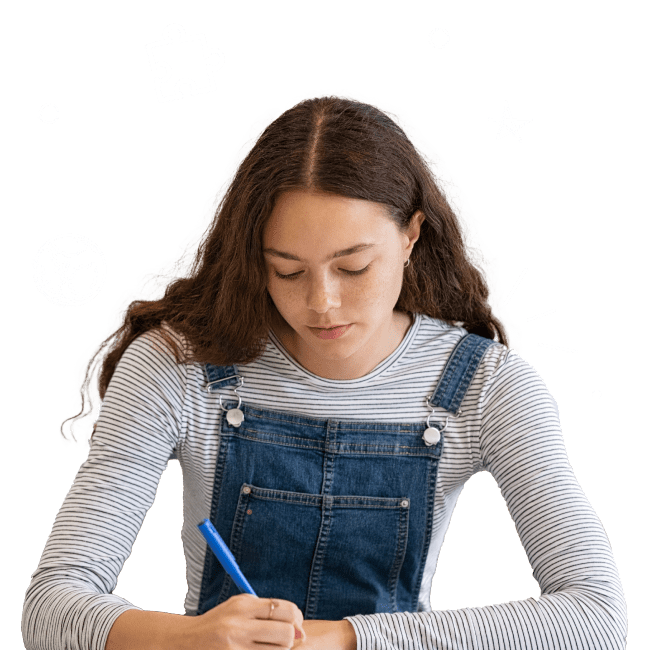Understanding & Responding to Behaviour

Course Overview
Intermediate 1 day Course in; Understanding & Responding to Behaviour – UK & Internationally recognised.
“The children who need love the most will always ask for it in the most unloving ways” (Jane Evans)
We are social animals, for us it is all about relationships. We are conceived in relationship, as we grow, we do so in the relationships around us. For some of the children we support, who may be neurodivergent, certain relationships can be overwhelming and certain situations can trigger significant responses. These children may need to seek the security of control as they navigate a neurotypical world. We all seek control of our environments and relationships in different ways at different times, using various methods of communication through our behaviour. At times, the communication shared in relationships can be misunderstood. Sometimes, as adults, we can interpret these behaviours as simply being ‘challenging’.
As professionals that support children whose communication is often misinterpreted, we should look towards the possible functions of these behaviours to decipher the intended communication and therefore develop stronger relationships. Some children may not know how to find appropriate ways to communicate that function or need, without the reassurance of a supportive relationship.
In this course, you will delve into the impact of poor attachment, adverse childhood experiences (ACEs), the power of relationships and trauma on behaviour and communication. The course aims to provide an understanding of these concepts based on the evidence from recent neuroscience research. By exploring the functions of behaviour and survival modes, you will learn to differentiate between the behaviours you observe and potentially react to, and the actual inner world of the child.
The course emphasises the importance of responding to children’s needs and providing support in a trusting relationship. By becoming emotionally available individuals, you can offer the necessary support to children who have experienced attachment difficulties, ACEs, and trauma.
“A person’s ability to communicate is not dependent on their being able to master certain skills, it is dependent on our ability to listen and communicate responsively” (Jo Grace)
Let’s embark on this journey of self-discovery and growth together and learn more about ‘who am I?’
